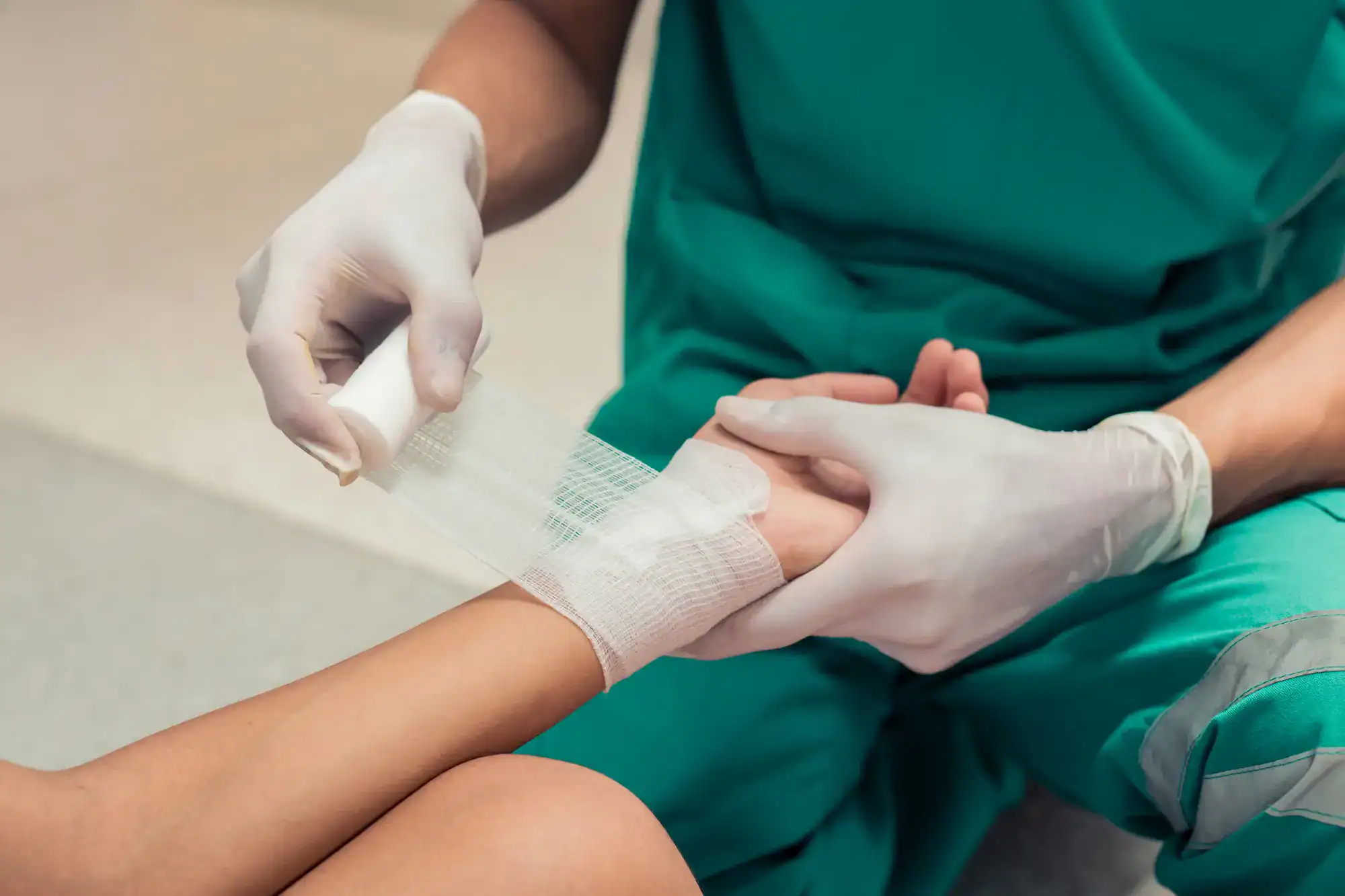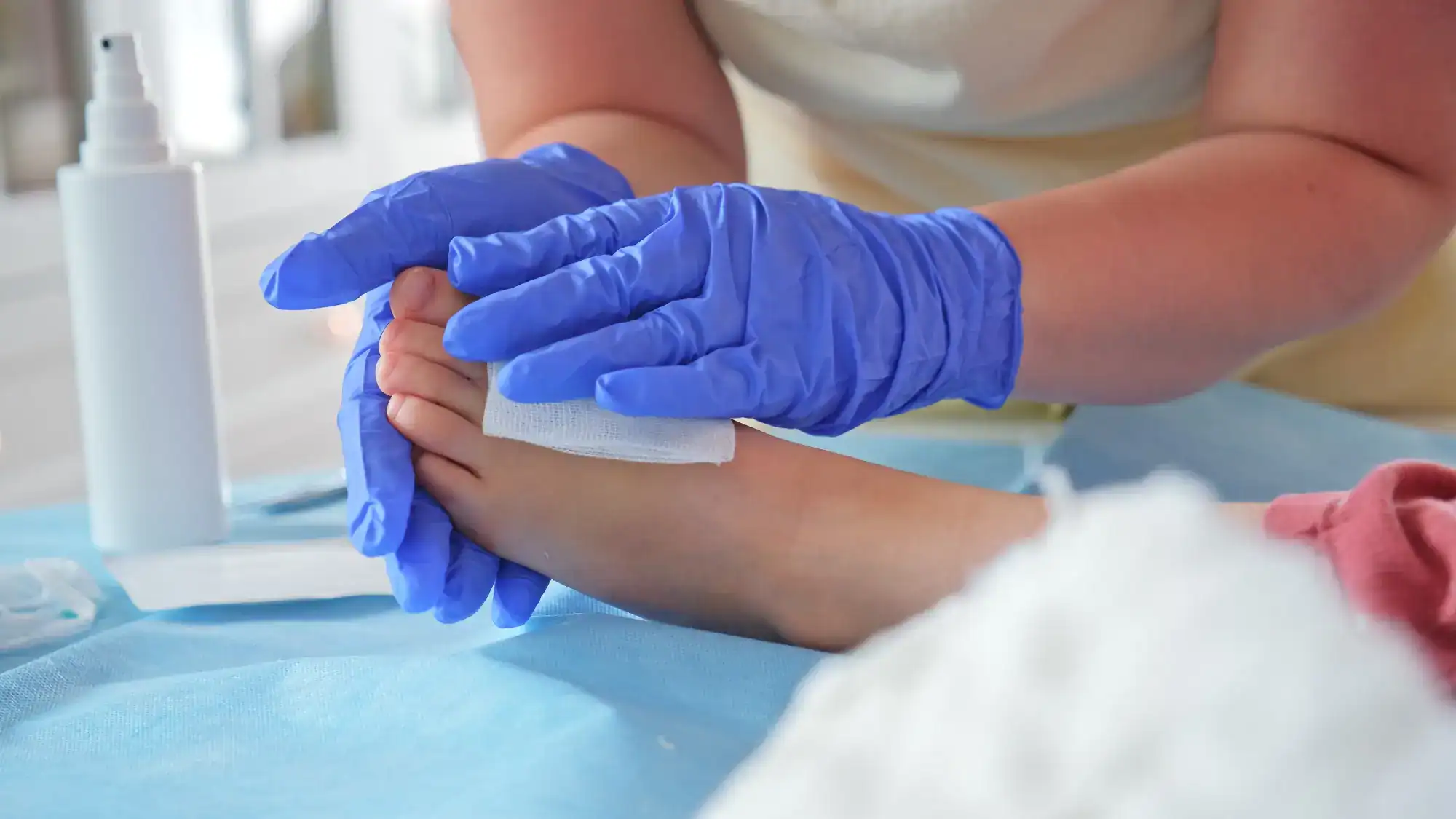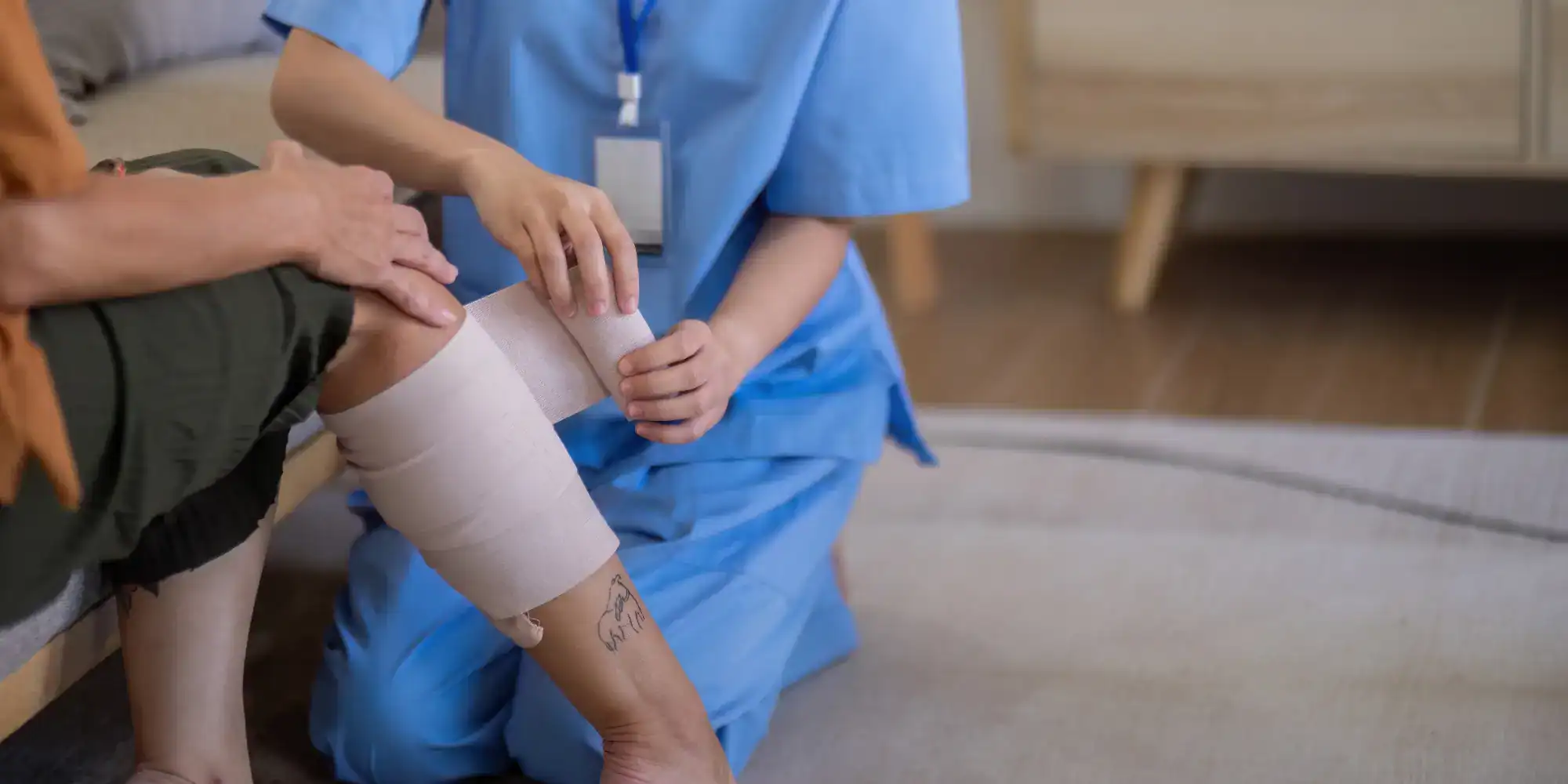Advanced wound care treatments when your current approach isn’t working.

See What Our Customers Think

You’ve been dealing with this wound for weeks or months. Maybe it’s a diabetic ulcer that keeps getting infected. Maybe it’s a surgical site that just won’t close properly. Whatever brought you here, you’re tired of the same basic treatments that aren’t working.
When wounds heal properly, you stop worrying about infections every day. You can walk without pain. You sleep better because you’re not constantly thinking about whether this thing is getting worse.
The difference between basic wound care and specialized treatment is real. We use advanced therapies that target the specific reasons your wound isn’t healing. Not just bandages and hope.
MedXclusive focuses specifically on wound care in Norfleet, FL. While your primary doctor handles everything from colds to checkups, we spend our days working exclusively with wounds that need specialized attention.
Our medical team has advanced training in wound healing science. We understand why diabetic wounds behave differently than surgical wounds, and why some people heal slower than others.
We’ve been serving patients in North Florida who need more than basic wound care can provide. When your regular doctor says “let’s keep watching it,” that’s usually when people find us.

First, we figure out why your wound isn’t healing. This isn’t just looking at the wound itself – we examine blood flow, infection markers, underlying conditions, and any factors that might be slowing your body’s natural healing process.
Then we create a treatment plan using the most effective therapies for your specific situation. This might include advanced dressings, infection control, or specialized treatments that promote faster tissue growth.
You’ll come in for regular monitoring so we can adjust the treatment as your wound heals. Most patients start seeing real progress within the first few weeks, not months.

Ready to get started?
Your wound care treatment includes comprehensive assessment of healing factors, not just the wound surface. We look at circulation, nutrition, infection control, and any medical conditions affecting your recovery.
Treatment options include advanced wound dressings, negative pressure therapy, bioengineered tissues, and infection management protocols. For diabetic patients in Norfleet, we pay special attention to blood sugar impact on healing and circulation issues.
We coordinate with your existing doctors to make sure your wound care fits with your overall health management. Most insurance plans cover medically necessary wound care treatments.
